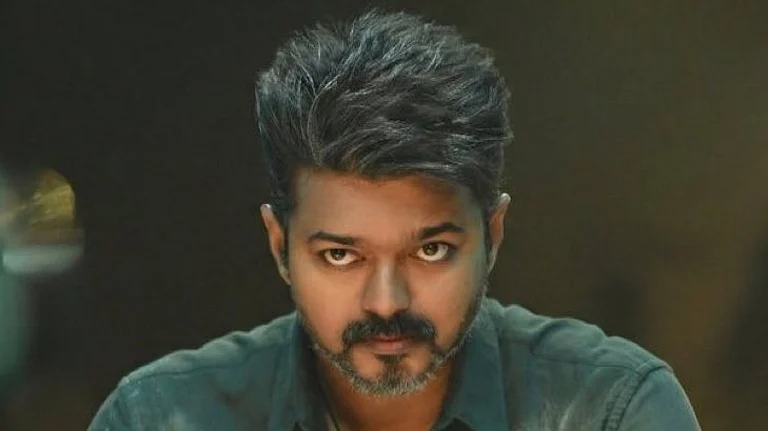Meanwhile, the Janata Dal, in a letter to the NCP president, has stated in no uncertain terms that he is overestimating his strength in Maharashtra. The Peasants and Workers' Party, on the other hand, is hedging its bets and has drawn up a "with Pawar" and "without Pawar" poll plan. The Ramdas Athavale faction of the Republican Party of India has begun to wonder why it should transfer its votes to the NCP when the latter does not intend to share even 25 per cent of the power. To top it all, the local unit of the Samajwadi Party is pondering aloud why it should forego its pound of flesh by allying with the NCP.
Consequently, the effort to prop up a third front against the Congress as well as the Shiv Sena-bjp alliance in Maharashtra looks a little weak in the knee.
The NCP needs more time to build a workable coalition. Party spokesperson Praful Patel puts on a reasonable face: "We are hopeful of an early and positive settlement. We do not wish our prospective allies to be disappointed when it comes to a commonality of perspective and interests. They can be resolved with time."
The core of the problem seems to be that both the NCP and its allies are overestimating their respective strengths. The common complaint of all parties seeking an alliance with the NCP is that Pawar is going by the combined Congress presence in 220 assembly segements of the 1998 Lok Sabha elections to measure his core support.
Sensing Pawar's need for an alliance they are trying to armwrench him for maximum gains. And the NCP president's sudden discomfiture does not, therefore, stem merely from a malicious campaign launched against him by the Congress and the Shiv Sena for his alleged involvement in the Mumbai riots. Besides, the allies, over the past couple of weeks, have also been sensing a dramatic improvement in the Congress' prospects, largely because the Dalit-Muslim vote is seen to have swung away from the SP. It is not surprising then that even Athavale, generally at Pawar's beck and call, should now say: "We have asked for at least one (assembly) seat from each district. If the NCP wants Dalits to vote for them, Sharad Pawar and his partymen should think of giving more seats to the republican party of India."
Officially, though, the NCP's tone is conciliatory. "We are going by the strength of the allies. Where they have a presence, we'll respect it," says Patel. "There is no issue which cannot be resolved with time. But there is no reason why they should doubt our integrity."
However, of all its prospective allies, Pawar appears in a mood to tolerate only the Peasants and Workers' Party, for it is the only cadre-based party with a sizeable presence in some pockets. "Where the pwp is adamant, there might be friendly fights. But the intention is to iron out the problems before nomination papers are filed," says Kapil Patil, spokesperson of the NCP.
One problem that might not be resolved so quickly, though, is the confusion over Muslim votes in Maharashtra. The NCP fears that the Muslim voter is getting increasingly disenchanted by SP supremo Mulayam Singh Yadav. And the recent murder of Wahid Ali Khan, chairman of the Bombay Amman Committee, formed after the 1992-93 riots, has sown more seeds of suspicion. Senior Congress leader Arjun Singh who held extended parleys with various Muslim groups over the last month, charged that both the NCP and the SP had masterminded Khan's murder. The reason being given was that he had recently shifted his allegiance from the SP to the Congress.
There is, however, less confusion among the Dalits. And the support to the Sonia-led Congress-a coup engineered by aicc general secretary Madhavrao Scindia-has bettered its prospects in Vidarbha and Marathwada where they have a major votebank. Pawar is also realising that the Maratha card might not work too well in regions where the electorate is backward dominated.
The mood in the NCP though is "very hopeful". The party does not view these "birth pangs" of a grand coalition in a negative light. The toughness of its allies and the concilatory tone adopted by the NCP leaders clearly indicate that both need the other for survival. "We have not broken off but we are going ahead with our agenda," says JD spokesperson Gopal Dukhande. Amid the confusing signals, the NCP has a lot of work to put together its alliance in order to make any sort of substantive gains in the elections.























